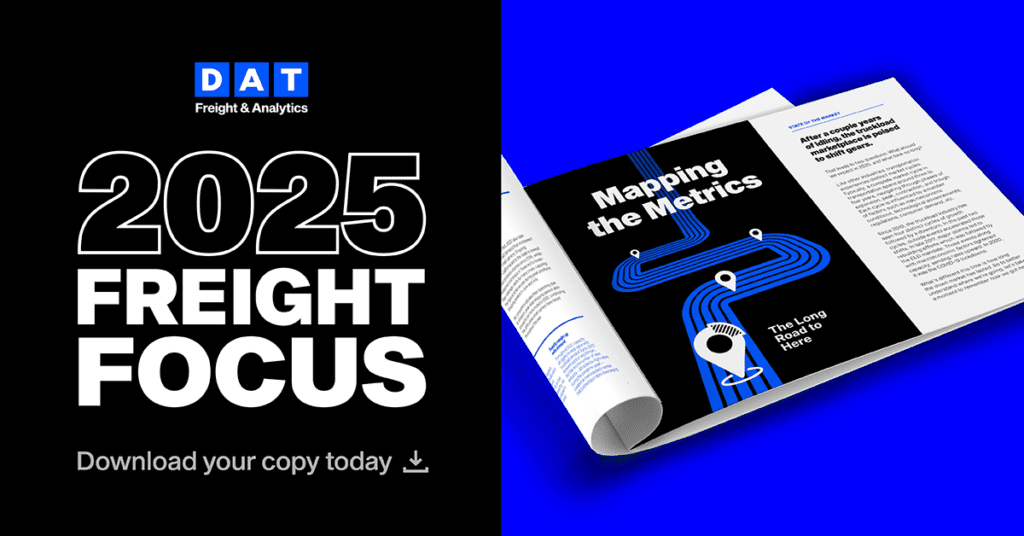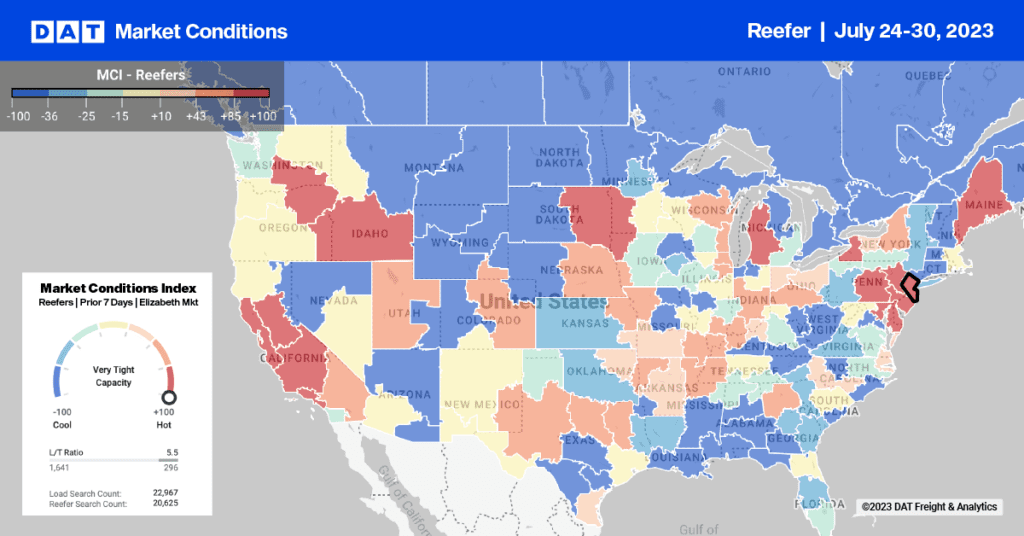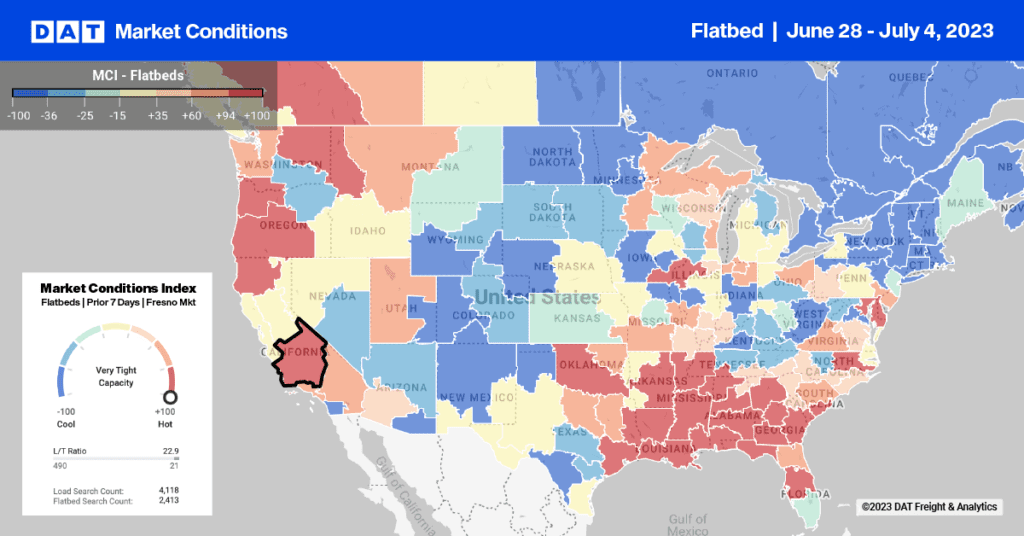MAP-21 Law Affects Trucking Companies and Drivers
It’s the law. The U.S. House and Senate passed a 27-month Highway Bill, called the “Moving Ahead for Progress in the 21st Century” Act, or “MAP-21.” and the President signed it. You can read the entire 599-page text of the new legislation here — but if you’re interested only in trucking, skip directly to page 380. Here are the highlights:
1. Disclose family ownership of multiple transportation companies: This is a fraud prevention measure, but honest family business owners will need to comply, too. If your spouse or other family member owns a brokerage and you own a trucking company, you must disclose the relationship. Likewise, if you own a trucking company and your brother-in law is an owner-operator, or you transfer ownership of your company to your adult kids, you must disclose those relationships.
2. Ban on “reincarnated” carriers. It is illegal to close down a failed trucking operation and then start over with a new MC number. DOT can revoke registration or authority of a “reincarnated” carrier or levy a fine. This also applies to any failure to disclose important facts, including family relationships. (See item #1, above.)
3. EOBRs required by 2014: DOT will issue rules within a year, so that by 2014, all CMVs will install an “electronic logging device.” This provision apparently survived an attempt to de-fund the electronic onboard recorder (EOBR) study through an amendment.
4. Establish a national driver registry: There will be a national registry of drivers with CDLs, including driving history and drug and alcohol test results. That should make the hiring process more consistent from one state to the next.
5. Minimum driver training standards: Within one year, the DOT will establish national driver training standards for a commercial driver’s license.
6. Carriers are prohibited from brokering freight: As a motor carrier, you may not broker freight without broker authority, and you may only provide transportation of property with vehicles that you own or lease. Interchanges are still allowed, but as the originating carrier, you must physically transport the freight at some point, and you must retain liability for the cargo and payment of interchanged carriers.
7, Unified registration: Carriers, brokers and freight forwarders must register, and carriers and brokers must register with separate authority for each function. So, if you have a trucking company with an in-house brokerage, you will need to register the brokerage as a separate business with its own authority.
8. Broker bond raised to $75,000: (page 426) Brokers are required to post a bond or other financial security of at least $75,000, starting July 1, 2013. If you have an in-house brokerage division at your trucking company, the $75,000 surety bond will be a requirement of your DOT brokerage authority.
9. Stricter regulation of bond and trust companies: More transparency and fairness are required in the payment of clalms by bond and trust companies. Most carriers will be happy about this, because it increases the likelihood that the carrier will be paid, even if the broker is unable to come up with the money.
Register with CARB by Sept. 1, for 2013 Entry into California
If you operate a small fleet of semi-trucks and trailers in California, you must register with the California Air Resources Board (CARB) by September 1, even though compliance is not required until January 1. You may qualify for a phased-in compliance plan that extends to 2016, but you still have to register this summer. Fleets with more than 20 trucks should have registered already. It doesn’t matter whether or not you’re domiciled in California, if you operate trucks in the Golden State, you are required to register with CARB.
CARB compliance includes:
1. SmartWay-certified tractors and trailers. If you have new trucks, they may already be certified by SmartWay, a voluntary, emission-reduction program of the Environmental Protection Administration (EPA.) Older trucks may require after-market solutions.
2. Low-rolling resistance tires are mandated for all tractors and 53-foot “box” trailers (vans and reefers.) These tires cost about 4% more than usual tires, which can add up to a lot more money per truck.
3. Aerodynamic devices, such as rear and front gap fairings and side skirts, are also required on 53-foot box trailers, including vans and reefers.
4. Emission-reduction rules for reefers‘ transportation refrigeration unit (TRU.) These TRU rules are not new, but starting January 1, all your shipper and broker customers will be required to verify that they use only CARB-compliant trucks in California. Kevin Scullin covered this in another blog post.


